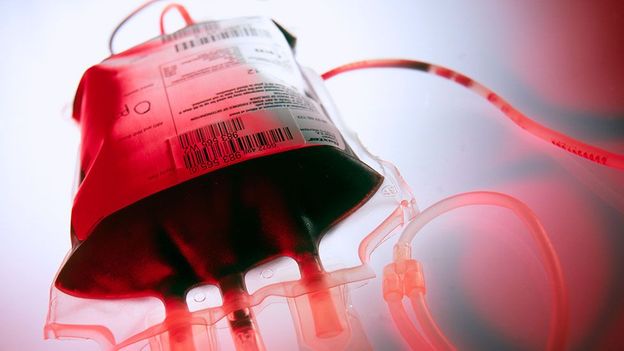TickTockMan
"Repent, Harlequin!"
Is it common to know?
To register, turn off your VPN; you can re-enable the VPN after registration. You must maintain an active email address on your account: disposable email addresses cannot be used to register.
wow I used to and realize I have no idea anymore...but they tested and typed it pretty quickly a couple of years ago.

For the major antigen types, that would be O-Negative. The blood would have neither the A or B strain, or the Rhesus factor.I'm assuming if I need a transfusion at any time, I'll initially be given the universally compatible type (the name escapes me) till my group is established.
What a stellar article. The bit about the Bombay blood type was fascinating. Uusually long articles are simply unfocused and badly edited, but this one seemed worthy of its long content.Quite an interesting article on blood types from 10 years ago

Why do we have blood types?
More than a century after their discovery, we still don’t know what blood groups like O, A and B are for. Do they really matter? Carl Zimmer investigates.www.bbc.com
For the major antigen types, that would be O-Negative. The blood would have neither the A or B strain, or the Rhesus factor.
There are hundreds more antigens, but apparently those major types are the ones that would prove fatal if crossed.
All that said, the preference is still to match type exactly when possible.
